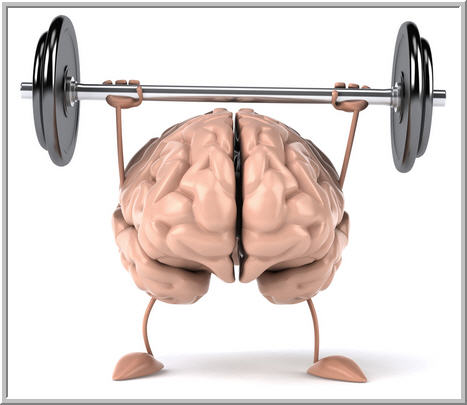*Sport psychology: is an interdisciplinary science that draws on knowledge from many related fields including biomechanics, physiology, kinesiology and psychology. It involves the study of how psychological factors affect performance and how participation in sport and exercise affect psychological and physical factors. In addition to instruction and training of psychological skills for performance improvement, applied sport psychology may include work with athletes, coaches, and parents regarding injury, rehabilitation, communication, team building, and career transitions.
is an interdisciplinary science that draws on knowledge from many related fields including biomechanics, physiology, kinesiology and psychology. It involves the study of how psychological factors affect performance and how participation in sport and exercise affect psychological and physical factors. In addition to instruction and training of psychological skills for performance improvement, applied sport psychology may include work with athletes, coaches, and parents regarding injury, rehabilitation, communication, team building, and career transitions.
*Applied:
Applied sport and exercise psychology consists of instructing athletes, coaches, teams, exercisers, parents, fitness professionals, groups, and other performers on the psychological aspects of their sport or activity. The goal of applied practice is to optimize performance and enjoyment through the use of psychological skills and the use of psychometrics and psychological assessment.
It is pertinent to mention that the practice of applied sport psychology is not legally restricted to individuals who possess one type of certification or licensure. The subject of "what exactly constitutes applied sport psychology and who can practice it?" has been debated amongst sport psychology professionals, and as of 2011, still lacks formal legal resolution in the United States. For instance, some question the ability of professionals who possess only sport science or kinesiology training to practice "psychology" with clients, while others counter that clinical and counseling psychologists without training in sport science do not have the professional competency to work with athletes. However, this debate should not overshadow the reality that many professionals express the desire to work together to promote best practices among all practitioners, regardless of training or academic background.
There are different approaches that a sports psychologist can use while working with his clients. For example, the social-psychological approach focuses on the social environment and the individual's personality, and on how complex interactions between the two influence behavior. The psycho-physiological approach focuses on the processes of the brain and their influence on physical activity, and the cognitive-behavioral approach analyzes the ways in which individual thoughts determine behavior. Generally, there are two different types of sport psychologists: educational and clinical.
*finally:
Recent evidence also suggests that besides mental health and well-being, sport practice can improve general cognitive abilities. When requiring sufficient cognitive demands, physical activity seems to be an optimal way to improve cognition, possibly more efficiently than cognitive training or physical exercise alone
Hi! I am a robot. I just upvoted you! I found similar content that readers might be interested in:
https://en.wikipedia.org/wiki/Sport_psychology
Downvoting a post can decrease pending rewards and make it less visible. Common reasons:
Submit
yes of course ... this is great thanx
Downvoting a post can decrease pending rewards and make it less visible. Common reasons:
Submit
Congratulations @hafidkhan! You have completed some achievement on Steemit and have been rewarded with new badge(s) :
Click on any badge to view your own Board of Honor on SteemitBoard.
For more information about SteemitBoard, click here
If you no longer want to receive notifications, reply to this comment with the word
STOPDownvoting a post can decrease pending rewards and make it less visible. Common reasons:
Submit